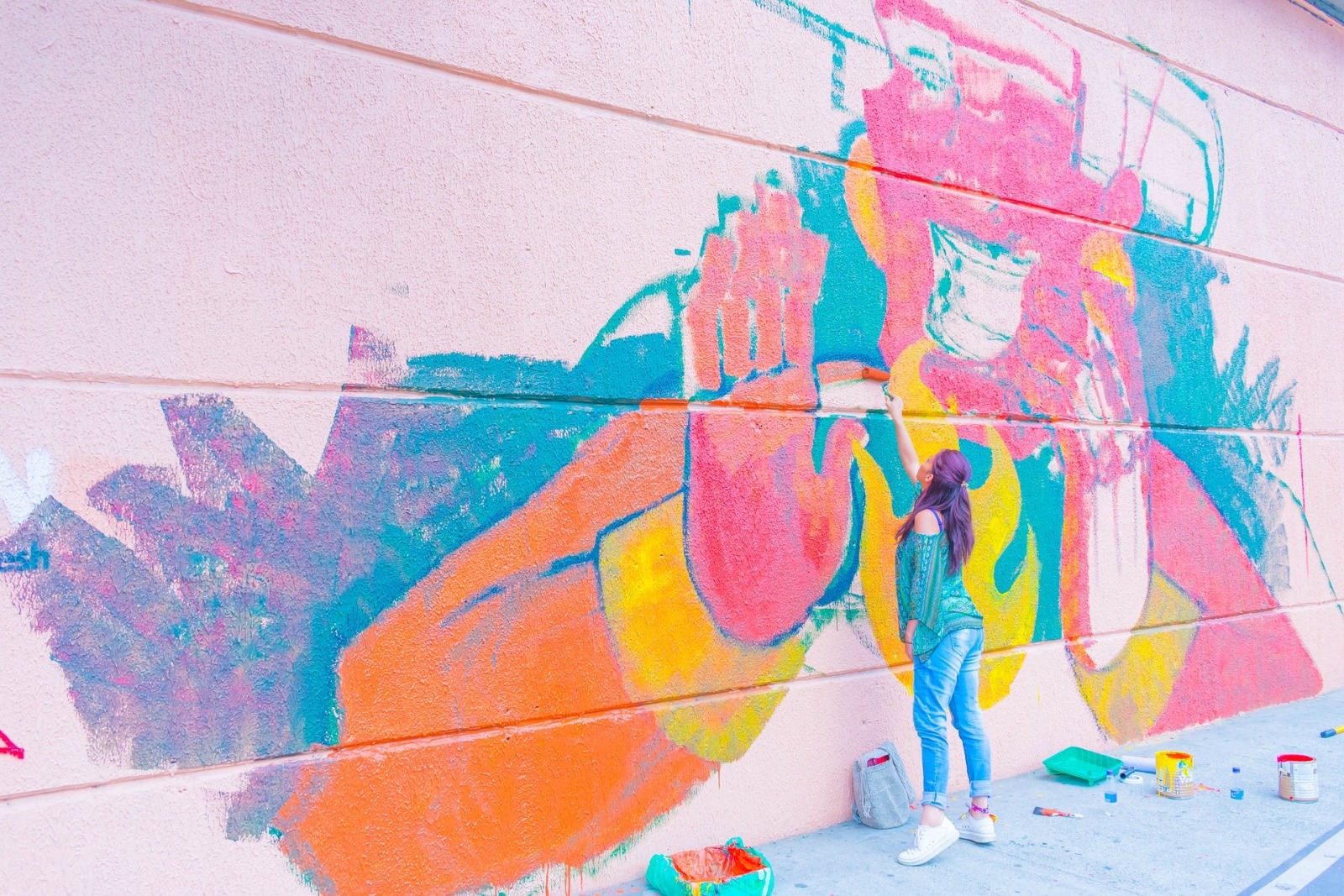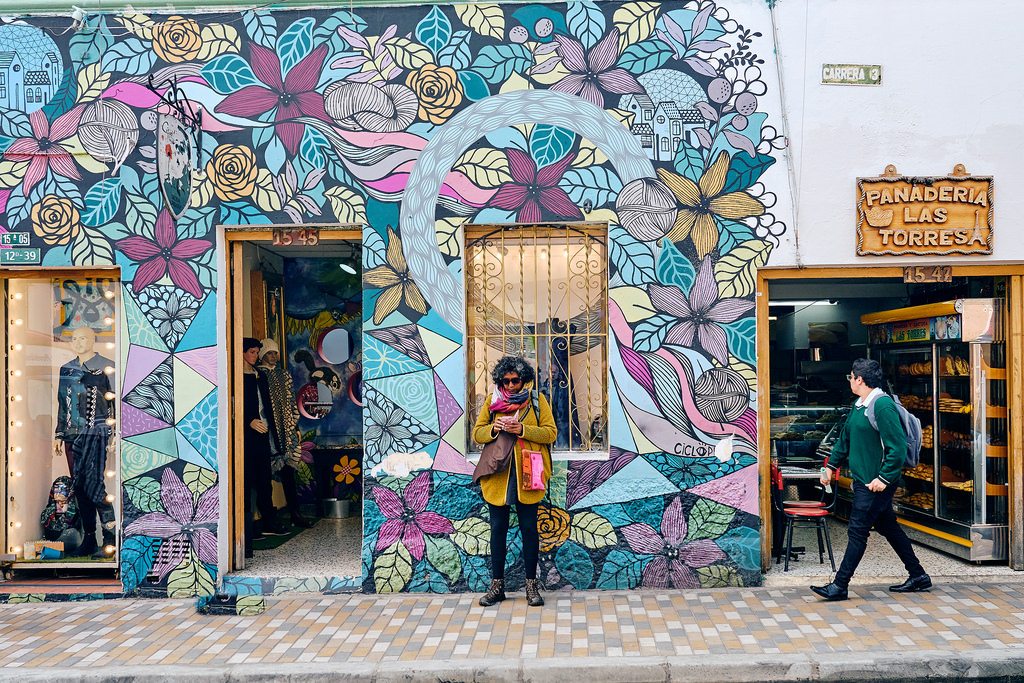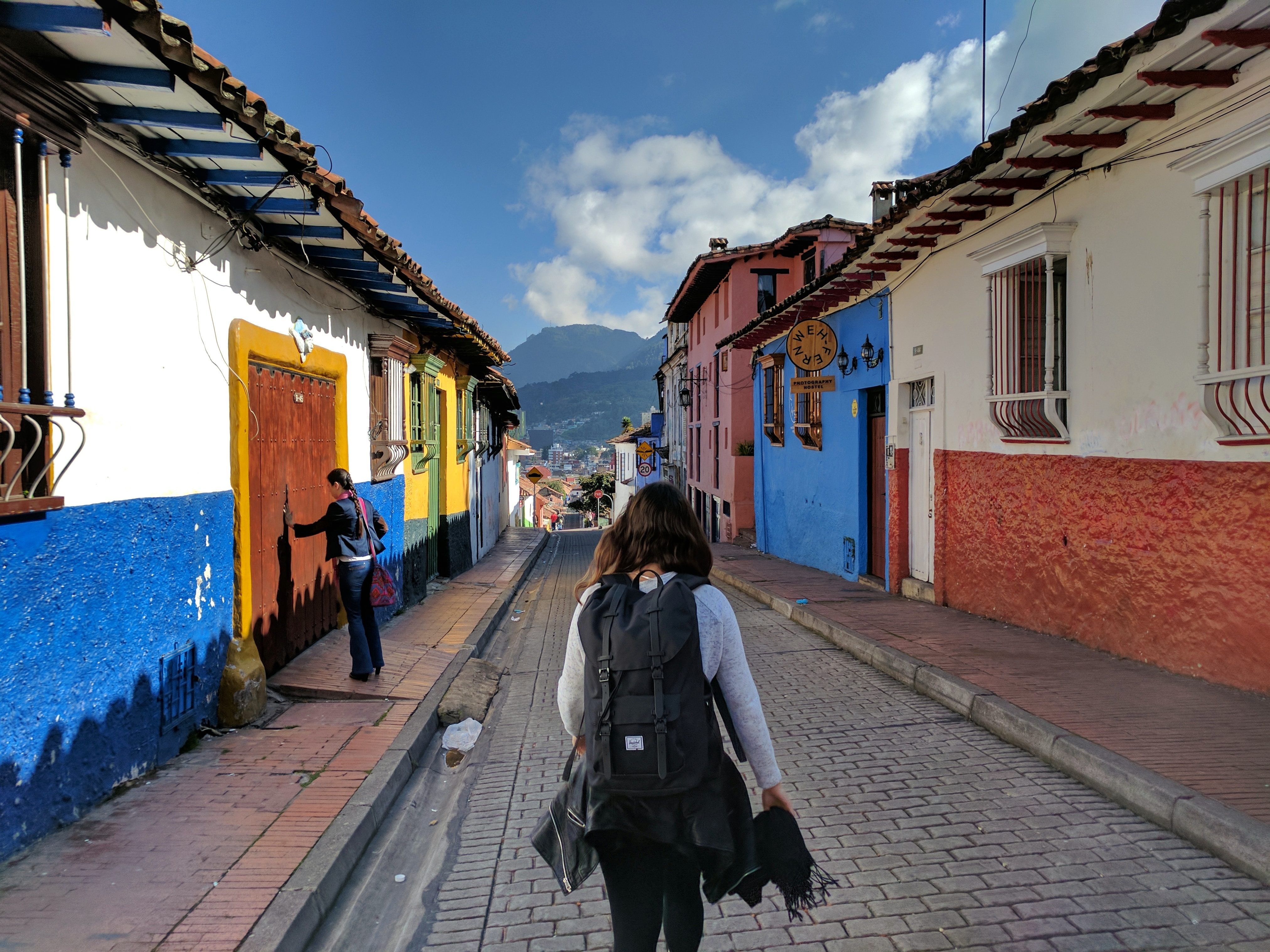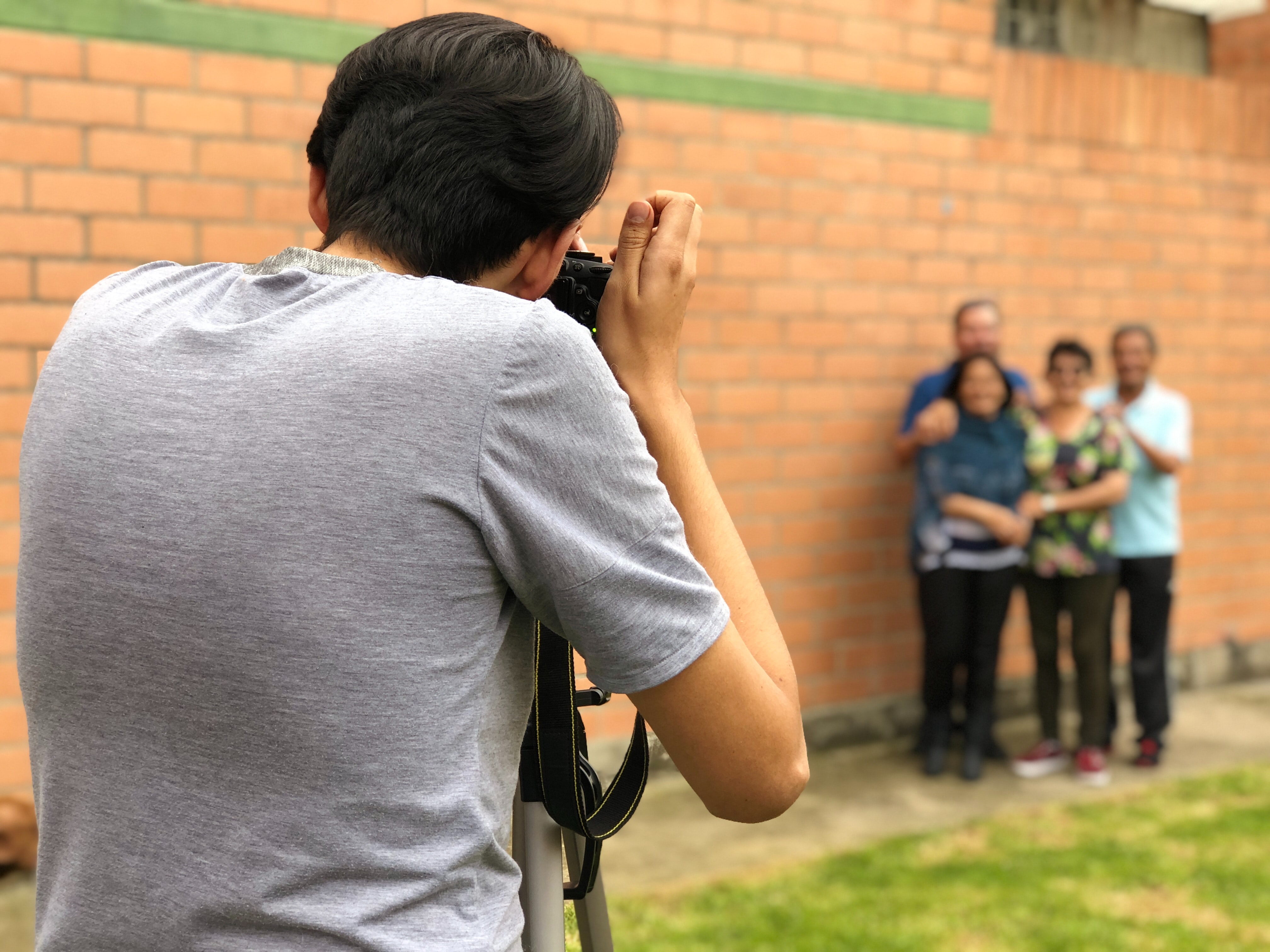Have a question?


Is Colombia safe for travel? This South American destination is colorful, vivacious, and packed with stuff to do. And — generally — yes, Colombia is safe to visit.
With some help from locals, we created this guide to staying safe in Colombia. It covers everything from the COVID pandemic to using Uber.
Colombia took quick, decisive actions when the pandemic broke out in March 2020. Colombia closed its borders in March 2020 and didn't open up again until September 2020. As of February 2023, Colombia requires proof of vaccination or a negative test result to enter the country. Bottom line: precautions are in place in Colombia that help make it safe.
Since a 2016 peace accord ended the decades-long civil war between Colombia’s government and the paramilitary group FARC, Colombia has become much more peaceful and is enjoying a cultural renaissance. Travelers can explore Colombia's unparalleled food scene, its ecotourism industry, and innovative music explosion while taking in all the beautiful sights this country has to offer much more safely than before the landmark agreement.

Colombia's major cities are incredible destinations. Each one offers something a little different — Plus, they're just getting safer and safer. Read on to learn more about safety and things to do in Bogota, Medellin, and Cartagena.
Bogota is quickly becoming one of the world’s hippest cultural destinations and with some preparation and awareness of your surroundings, you can travel safely in Bogota. Composed of dozens of distinct neighborhoods, it’s a city where travelers can benefit from local insights. Our trip planners rave that Bogota has it all: music, food, dance, and art. They suggest trying some traditional tinto (thick, sweet, black coffee), dancing salsa at a local bar, or dropping into one of Bogota’s numerous museums.
Bogota safety tips:
When most people think Medellin, they think Pablo Escobar, cocaine, and crime — but people who actually live there say that there’s so much more to the city - and it’s a great place to visit. These days, parks, restaurants, galleries, and attractions abound in Medellin. The city was even named The World’s Most Innovative City in 2013 and received the prestigious Lee Kuan Yew World City Prize for urban development in 2016.
Visitors to Medellin are thrilled by impromptu street concerts, a thriving gastronomy scene, and the city’s state-of-the-art metro system. And we haven't even mentioned eco-árboles: massive tree-shaped structures that can each purify 22,000 cubic meters of air per hour.
Medellin safety tips:
If crowded cities aren’t your speed, relax in the veritable paradise that is Cartagena. Located on Colombia’s Caribbean coast, Cartagena features miles of gorgeously preserved, centuries-old architecture, as well as pristine golden beaches. Popular with travelers both Colombian and foreign, Cartagena is safe, fun, and exciting. Cartagena can be touristy, which means Project Expedition can introduce you to a side of the city that most tourists miss.
Cartagena safety tips:
Although very rarely dangerous, Colombia is home to some of the most creative scam artists around. Ranging from the run-of-the-mill to the ridiculous, these scams are easily avoided if you know what to look for and use common sense.

Colombia is a safe and welcoming place for people who travel by themselves. But being a solo traveler doesn't mean you have to go it alone!
When it comes to safety as a solo traveler in Colombia, our trip planners advise people to:
While catcalling and sexual harassment certainly remain an issue (the patriarchy knows no borders), Colombia is no worse than any other country in that regard.
“Narcos” this ain’t! These days, kidnapping is much more of a problem for Colombia’s neighbors than Colombia itself.
In fact, Colombia's kidnapping rate has dropped by a whopping 92% since 2000. Avoiding sketchier areas (like lonesome rural highways) can also dramatically reduce your risk of danger.
If you’re unsure of where to go (and where you should avoid) you can always get Project Expedition advice.
Don’t bother spending your pesos on bottled water — Colombia’s major cities have some of the best tap water around. Bogota and Medellin are known for their excellent water quality.
However, locals tell us that drinking tap water in the Colombian countryside can be a bit more hit-and-miss.
In January 2020, customers were informed that they could no longer use Uber in Colombia. However, Uber returned to Colombia less than a month later. There's a new set of rules. Basically, you can rent a car that comes with a driver using the Uber app.
Confused? Don't worry. Locals tell us you'll find plenty of other transit options. Like...so many.
It’s a common misconception that traveling to Latin America puts you at a high risk of contracting Zika. The CDC keeps a map updated with the current status of Zika around the world and there are currently no Zika outbreaks in Central and South America. And cities like Bogota are always at low risk for Zika due to elevation.
If you are pregnant or may become so, however, you should still talk to your doctor before traveling to Colombia.
For most travelers, being up-to-date on routine vaccines, including hepatitis A and B, is all you’ll need before visiting Colombia. If you’re traveling to rural areas, the typhoid vaccine and malaria pills may be recommended. To be safe, talk to your doctor before you fly.

From the gorgeous beaches and lush rainforests of its Caribbean coast to the coffee-rich slopes of the Andes, Colombia offers something for everyone; especially families.
In fact, many hotels, ecotourism preserves, and even coffee plantations cater specifically to family travel. Notoriously friendly and family-oriented, Colombians love children and are quick to strike up conversations with strangers. There's nothing worse than spending hours planning only to find that you're missing out on the *real* Colombia.
When it comes to activities for kids, Colombia’s famously family-focused culture shines through. Whether you fancy snorkeling off the Caribbean island of San Andres, galavanting through the interactive Parque Explora museum in Medellin, or learning about conservation as you stroll through the famous Cali Zoo (home to some of Colombia’s rarest animals) there are countless kid-friendly activities to take advantage of throughout Colombia.
With one of the top healthcare systems in the Americas, Colombia’s state-of-the-art hospitals are quickly becoming known for their affordability and quality of care. Medical standards are just as rigorous as those in the United States, and many of Colombia’s doctors train internationally.
Conde Nast Traveler named Colombia one of the 10 best places in the world to retire in 2022.
On the off chance that you run into any trouble on your Colombian adventure, here are some numbers to call for assistance.

How should we contact you?
Call
Thank you! We'll get back to you as soon as possible!
Click to register and track your question!
If you would like to follow up with us:
+1 (855) 782-3006